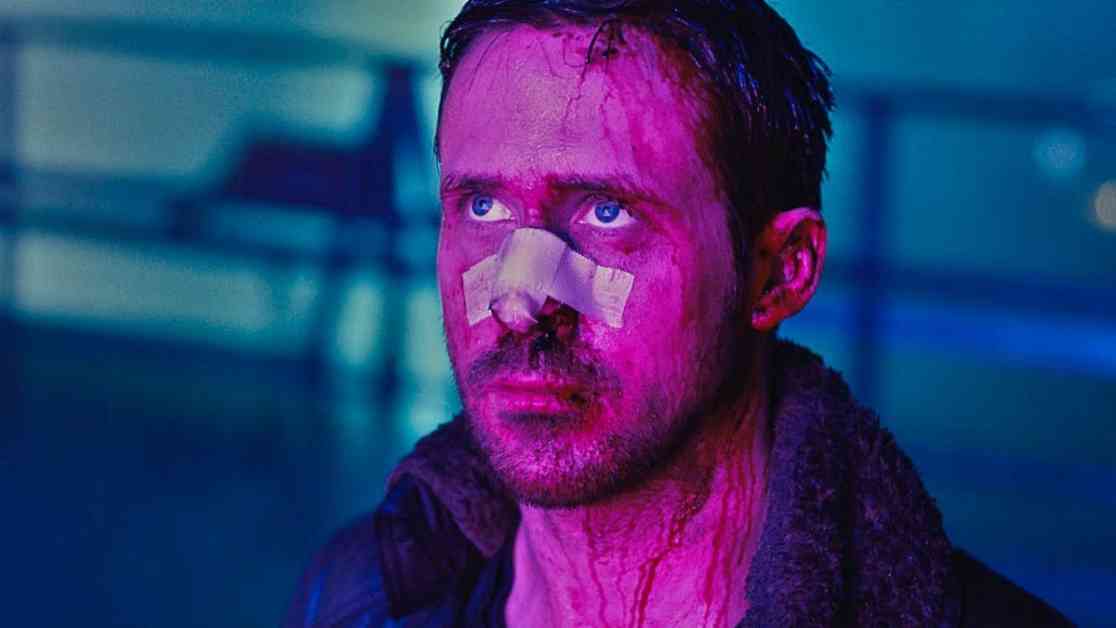Elon Musk recently introduced his Robotaxis at a Tesla Cybercab event with a futuristic theme on a Hollywood movie lot. However, a lawsuit has been filed against him, alleging that he used AI to create imagery similar to that of Blade Runner 2049 without proper authorization. Alcon Entertainment, which helped finance the film, filed the lawsuit in U.S. District Court in Los Angeles, naming Tesla and Warner Bros. as defendants. The lawsuit claims that Musk’s unauthorized use of Blade Runner 2049-style imagery infringes on Alcon Entertainment’s copyright and implies an association between the two brands that the Hollywood company wanted to avoid.
Blade Runner 2049, directed by Denis Villeneuve, is a sequel to the original film starring Harrison Ford. It features a dystopian cyberpunk world with bold colors and futuristic landscapes. Musk’s allegedly infringing images were part of the Tesla Cybercab event where the company showcased new autonomous cars and Optimus robots. The lawsuit argues that Musk tried to use the Blade Runner 2049 brand to promote Teslas, despite being denied official licensing for the imagery.
The lawsuit also mentions Musk’s controversial behavior, including his comments on social media platform X (formerly Twitter) and his involvement in political campaigns. Musk has been known for his electric cars, successful rocket retrievals by SpaceX, and recent political activities. Despite the lawsuit’s claims, Musk responded by criticizing Blade Runner 2049 on social media.
It is important to note the implications of using copyrighted material without proper authorization, as it can lead to legal consequences. Musk’s case serves as a reminder of the importance of respecting intellectual property rights and obtaining the necessary permissions for using copyrighted content in promotional activities. As the lawsuit unfolds, it will be interesting to see how the legal system addresses the allegations against Musk and the potential impact on his business ventures.
















